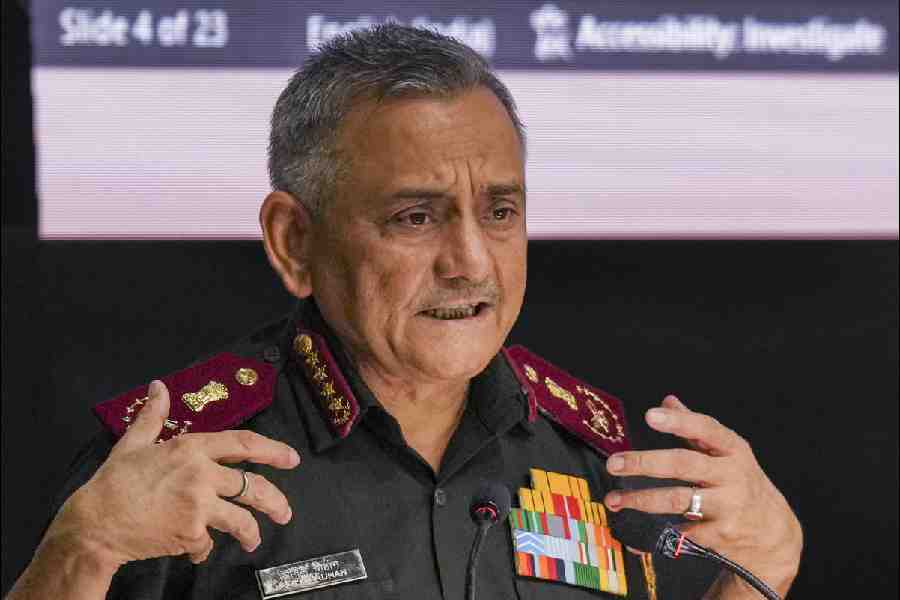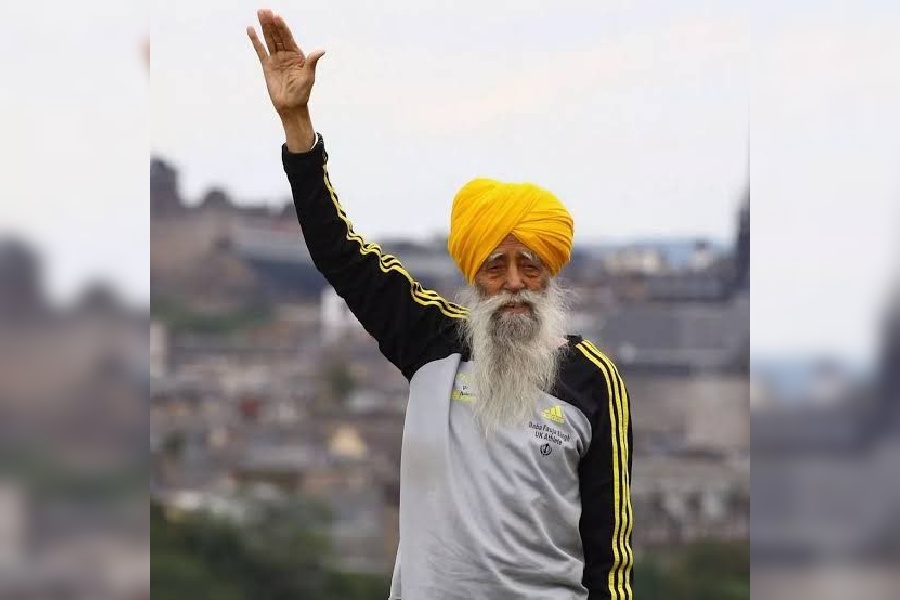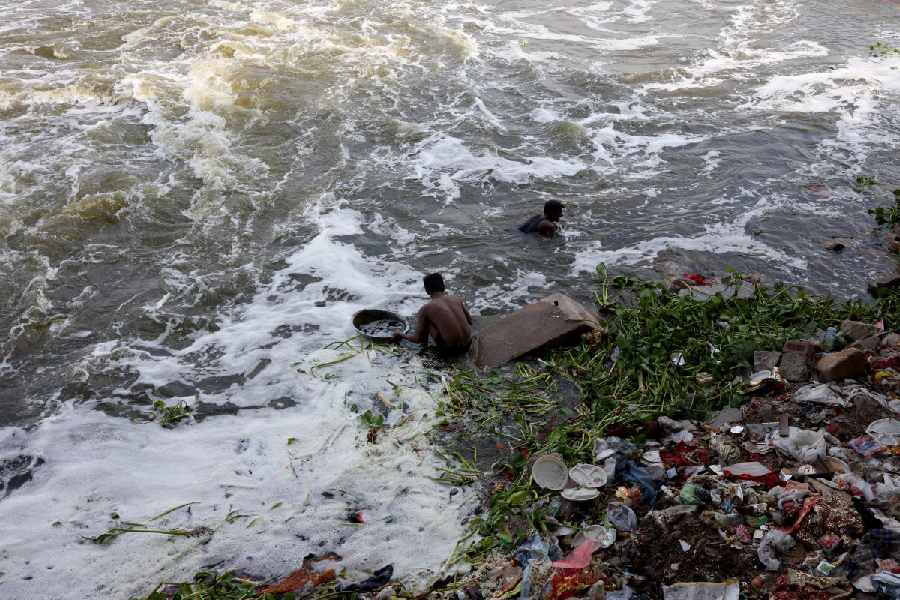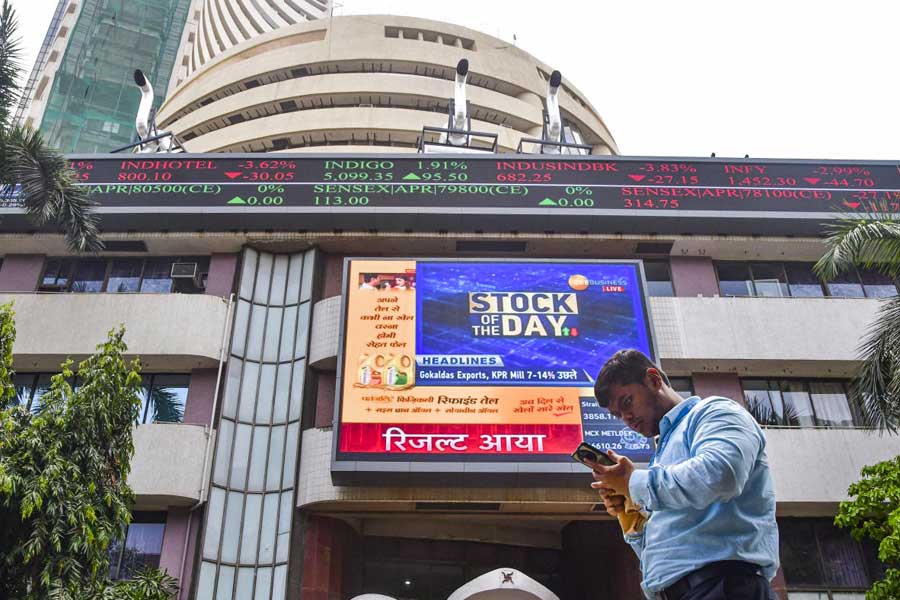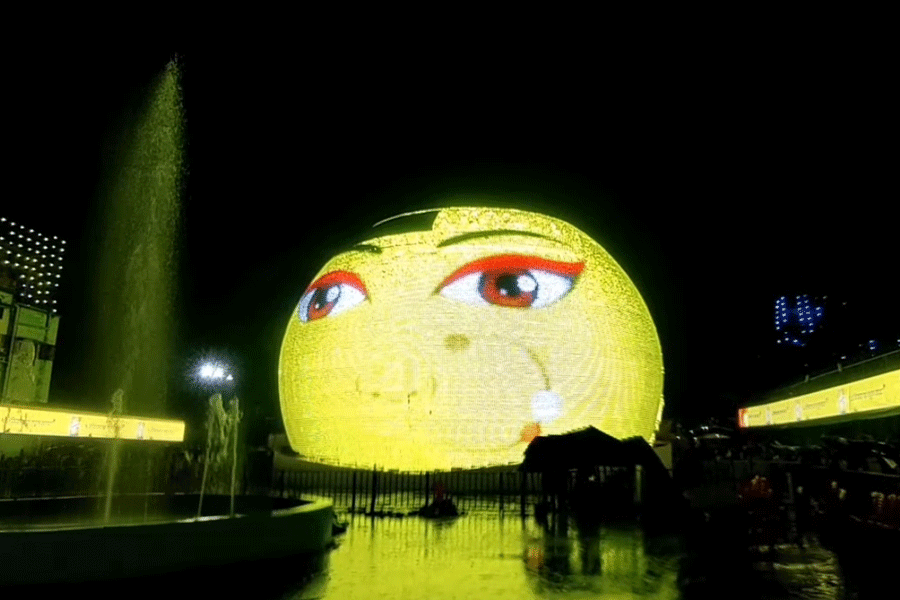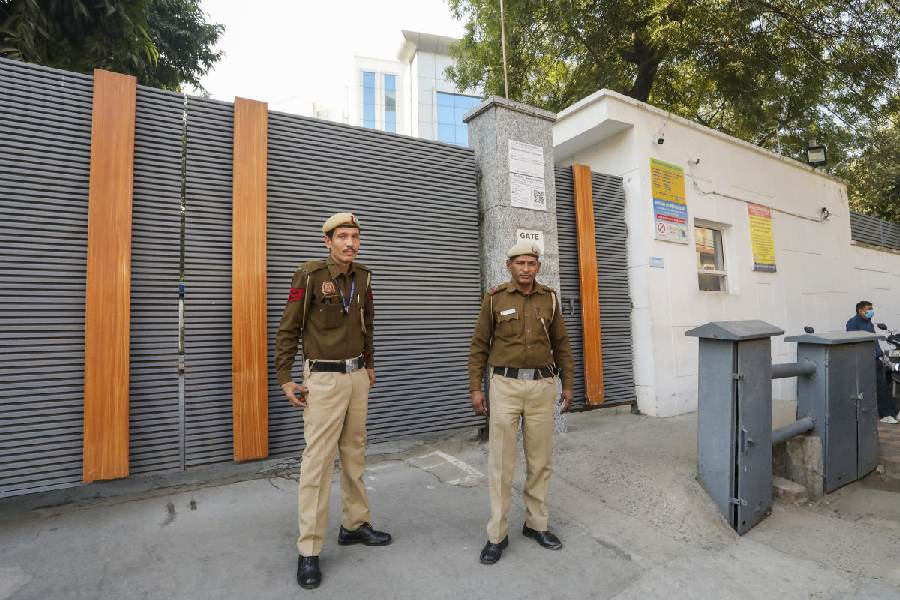 |
| An ancient artefact of Tripura |
Agartala, Nov. 26: Tripura is on a nostalgia trip.
After efforts to retrieve and codify historically important documents and scrolls stashed away in the dusty state archives, the Left Front government issued a notification recently, reverting to the original Kokborok names of 95 tribal-dominated villages.
The exercise has begun a decade after former chief minister Dasharath Deb made such a commitment in the peace accord with the erstwhile leadership of the militant ATTF.
Senior revenue department official A.K. Guha informed that the process would be completed within a year. “The response from tribal intellectuals has been favourable, but whether the old names gain currency again depends entirely on the people,” the under secretary said.
The decision to revert to the old names was taken on the basis of suggestions by a 10-member committee headed by researcher Shyamacharan Tripura. “We are going ahead with the exercise based on the panel’s suggestions,” Guha said.
The etymology of the old names of tribal-dominated villages is a researcher’s delight. For instance, Khutruk Kami got its name from the khutruk, meaning stick, that a farmer named Golok Debbarma was carrying when he went to the village to marry Phulboti, the daughter of village chieftain Amarendra Debbarma. He stayed at his wife’s home for the rest of his life and, with the passage of time, the village came to be known as Khutruk Kami. The suffix kami stands for village.
In the early Fifties, the demographic composition of the village and its vicinity changed following the influx of non-tribals and Khutruk Kami was renamed Golok Thakur Para to facilitate easy pronunciation by the new inhabitants.
Rajdharcherra, in Kailasahar subdivision of North Tripura district, was renamed Ratacherra in similar circumstances. What pained the indigenous tribals the most was not the change in nomenclature because of difficulty in pronunciation, but official recognition of the new names.
In census after census and during land settlements, the names introduced by non-tribal settlers were registered in official records, which the tribals perceived to be a rejection of their history and heritage.
The renewed tribal search for roots has already provoked adverse reactions from non-tribals in several places. A clash was narrowly averted in a village called Harijay Chowdhurypara village in April this year. The tribal residents wanted to revert to the original name of the village, Makhumai Kami, but the non-tribal villagers would not agree to it.


